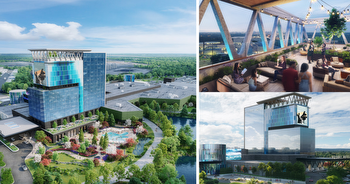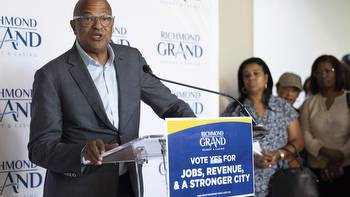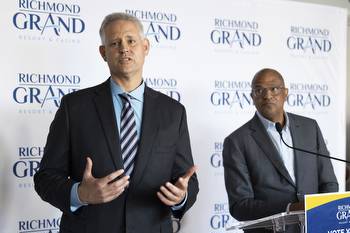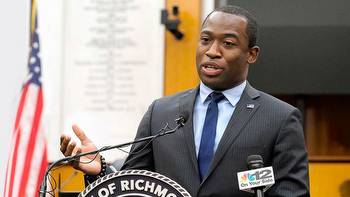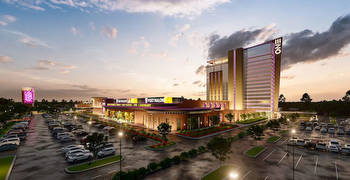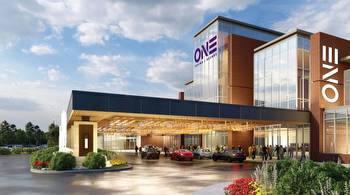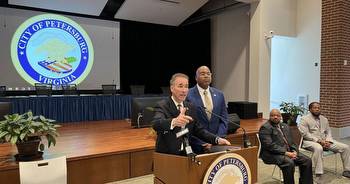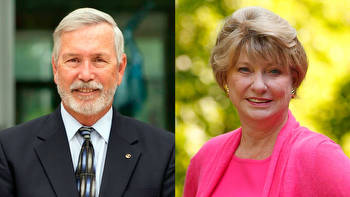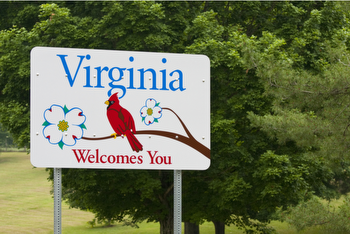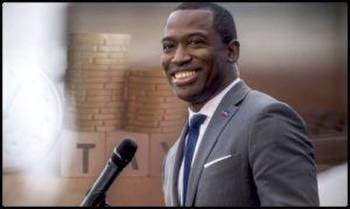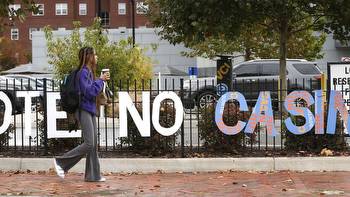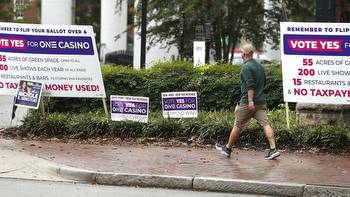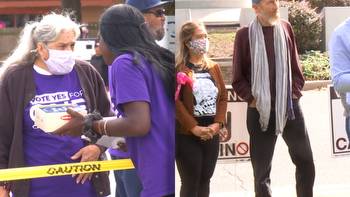Are casino revenues the answer to RVA's child care crisis?
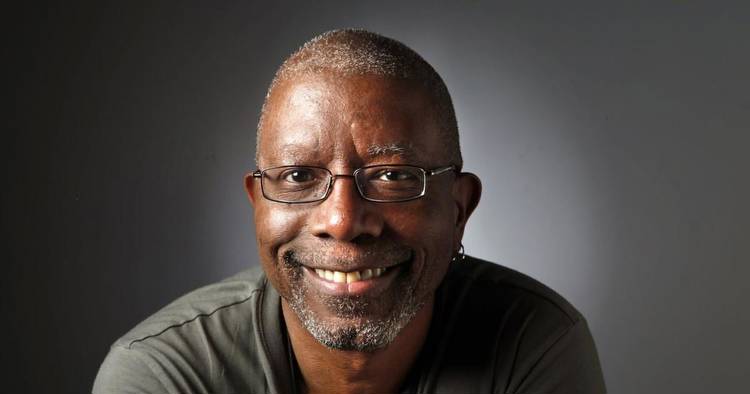
Gambling and children make strange political bedfellows. But Mayor Levar Stoney is placing a bet that child care will be the winning ticket in November’s referendum on the rebranded Richmond Grand Resort and Casino.
Tuesday morning, Stoney — joined by Richmond City Council members, Richmond Public Schools Superintendent Jason Kamras and business and child care leaders — announced a proposal to invest $19 million of the casino’s annual gaming tax revenue to create a Richmond Child Chare and Education Trust Fund to avert what he called a burgeoning crisis.
The need for child care — particularly affordable child care, especially for low-income families — is indisputable. But as we hit the post-Labor Day home stretch to Election Day, the most immediate question is: Will the promise of affordable child care pull the casino referendum through the keyhole this time around?
In November 2021, 51% of Richmond voters rejected the proposed casino by Urban One. The losing margin was around 1,500 voters. Assuming the same turnout, proponents of the casino would need to flip half those voters to change the outcome in favor of this casino effort by Urban One and Churchill Downs.
Stoney and City Council had to dangle something tantalizing in front of those voters. The gambit they chose is a smart play, according to political analyst Bob Holsworth, a former professor and dean at Virginia Commonwealth University.
“Child care is certainly the right issue to pick for the use of casino tax revenues,” Holsworth said Tuesday. “The challenge for the mayor and child care advocates supporting the proposal is to convince 750 ‘no’ voters that the actual benefits will be sufficient to outweigh their concerns about the negative impacts of a casino.”
Shortly after Tuesday’s news conference, the mayor’s office sent out a news release stating that there’s only one publicly funded child care slot for every eight families in central Virginia with incomes under 200% of the federal poverty level.
“This is before a dramatic child care cliff is expected in Virginia at the end of September as pandemic-era federal funding is set to expire,” closing child care programs and deepening the existing shortage in Richmond, without congressional or state intervention, the release said.
The mayor made an effective argument that early childhood learning experiences determine an individual’s life chances. Few would argue the point, or desire to deny children quality child care.
But why does this all feel so ... oily?
I’m fairly agnostic on this casino issue, but firmly believe the adage that the house always wins. Anyone who has spent time in Atlantic City, New Jersey, has seen firsthand that casinos are no panacea for urban ills and entrenched poverty, and may actually perpetuate them.
As for Richmond’s tendency to become enamored of shiny objects, we should have learned from our football training camp debacle to be highly skeptical of glossy economic projections. The revenues associated with this child care effort, at this point, are speculative. Like most things that start with a roll of dice, an upturned card or the spin of a roulette wheel, they are no sure thing.
There’s a cohort of voters out there who won’t support a casino, regardless of its packaging. They see casinos as beyond redemption — a business that exploits people who can least afford to be exploited.
“Casinos are predatory. You can’t extract wealth from the family and expect to generate wealth for the child,” said Allan-Charles Chipman, executive director of the Richmond-based Initiatives of Change USA and among the leaders in opposition to the failed 2021 casino referendum. “Predatory casinos are an attack on Black generational wealth, not an aid.”
And then, there are the folks who resent the “Groundhog Day”-like reappearance of this effort, which they thought they’d put to rest.
Or as Chipman said: “The first referendum was about a casino; this referendum is actually about whether our democracy is for sale or not. We cannot afford to roll the dice when it comes to our democracy because developers and politicians who didn’t get their way want to go double or nothing.”
Indeed, as Holsworth notes, “there may be people who were not opposed but don’t like the idea of having it put in their face again two years after it was already decided.”
Chipman argues that Richmond, on this issue, is more lacking of will than funds. He said the city had the wherewithal to prioritize child care with the millions of dollars it has received in American Rescue Plan (ARP) Act and Elementary and Secondary School Emergency Relief (ESSER) III Fund monies during the pandemic.
“I really have a problem with a mayor and City Council that says for developers to get what they need, they can come to the bargaining table and get millions of our money in incentives, but for South Side to get child care they have to go to the blackjack table,” said Chipman, who ran for the 6th District seat on City Council in 2020.
What was billed as a boon for a section of the South Side that could use a win looks less focused, as if the politicians are taking that community’s support for granted. After the recent debacle surrounding the thankfully aborted burn tower at Hickory Hill Community Center, folks in that part of town should beware of elected officials bearing gifts.
The mixed message that is this casino-for-child-care plan demands that we consider whether the greater good can be served by exploitation. “We don’t need vices to do what’s virtuous,” Chipman said.
Indeed, the welfare of our most marginalized children should not depend on a dubious game of chance.









